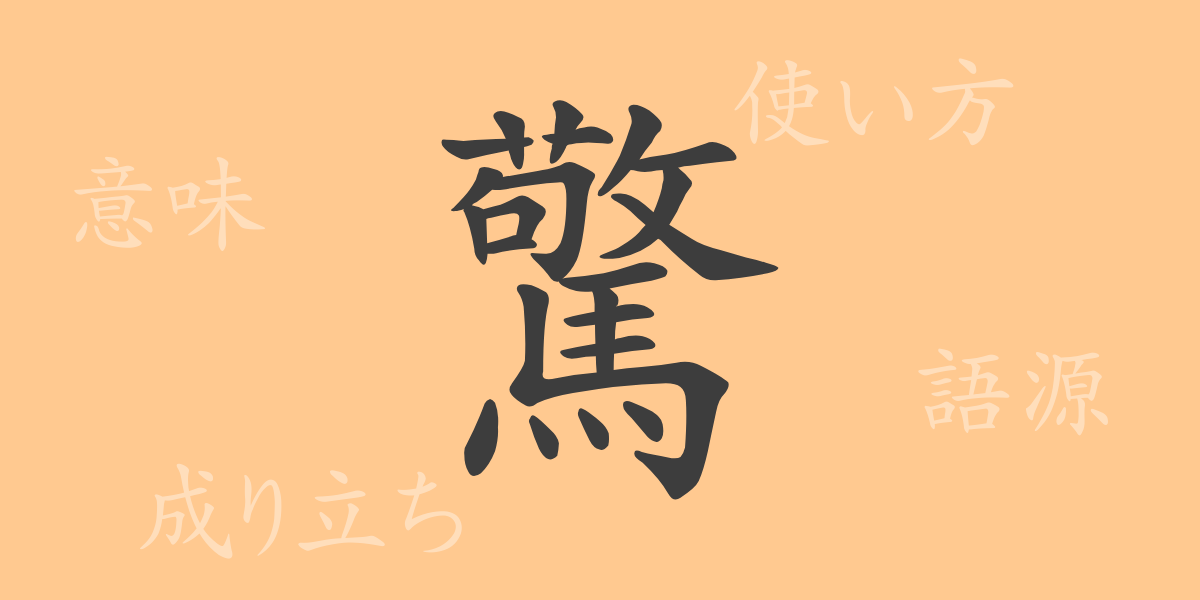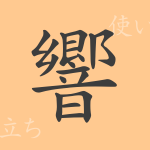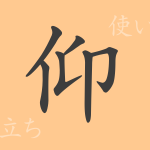In our daily lives, there are countless moments of surprise. When encountering new discoveries or unexpected events, people often feel a sense of “驚(おどろ)き” (surprise). But what is the history and meaning behind this kanji that represents such a strong emotion? In this article, we will focus on the commonly used Japanese kanji “驚(おどろき)” and delve into its origins, meanings, usage, readings, and the various idiomatic expressions that incorporate it.
Origin of 驚(おどろき)
The kanji “驚(おどろき)” originates from ancient China and has a long history. It is composed of the characters for “敬(けい)” (respect) and “馬(うま)” (horse), depicting a horse suddenly moving violently. This image evolved to represent a person being startled by a sudden loud noise or movement.
Meaning and Usage of 驚(おどろき)
The kanji “驚(おどろき)” means “to be surprised,” “to be astonished,” or “to be amazed.” In Japanese, it is used to express the feeling of being shocked or moved by an unexpected event or situation. The degree of surprise can also be conveyed with this kanji; for example, “驚愕(きょうがく)” indicates an extremely strong surprise, while “驚嘆(きょうたん)” signifies an awe-inspiring amazement.
Readings, Stroke Count, and Radical of 驚(おどろき)
How is the kanji “驚(おどろき)” read and structured in Japanese?
- Readings: The on’yomi (Chinese reading) is “キョウ(きょう),” and the kun’yomi (Japanese reading) is “おどろく” and “おどろかす.”
- Stroke count: It has a total of 22 strokes.
- Radical: The radical is 馬(うまへん), which means “horse.”
Idioms, Expressions, and Proverbs Using 驚(おどろき)
There are many idioms, expressions, and proverbs in Japanese that include the kanji “驚(おどろき).” Here are a few examples:
- 驚愕(きょうがく): Expresses extreme surprise or shock.
- 驚嘆(きょうたん): Means to be astonished or amazed by something wonderful.
- 驚異(きょうい): Refers to a phenomenon or situation that is extraordinarily unusual or remarkable.
- 目を驚かす(めをおどろかす): An idiom meaning to do something that astonishes people.
- 驚くべきことに(おどろくべきことに): A phrase used when something unexpected occurs.
Conclusion on 驚(おどろき)
The kanji “驚(おどろき)” has been used for centuries to express human emotions. Its form and meaning vividly reflect the intensity of feelings such as surprise and astonishment. In Japanese, many idiomatic expressions and phrases incorporate this kanji, enriching the language’s expressiveness. Next time you experience a moment of surprise, recalling the background of this kanji might add an extra layer of appreciation to the feeling.

























